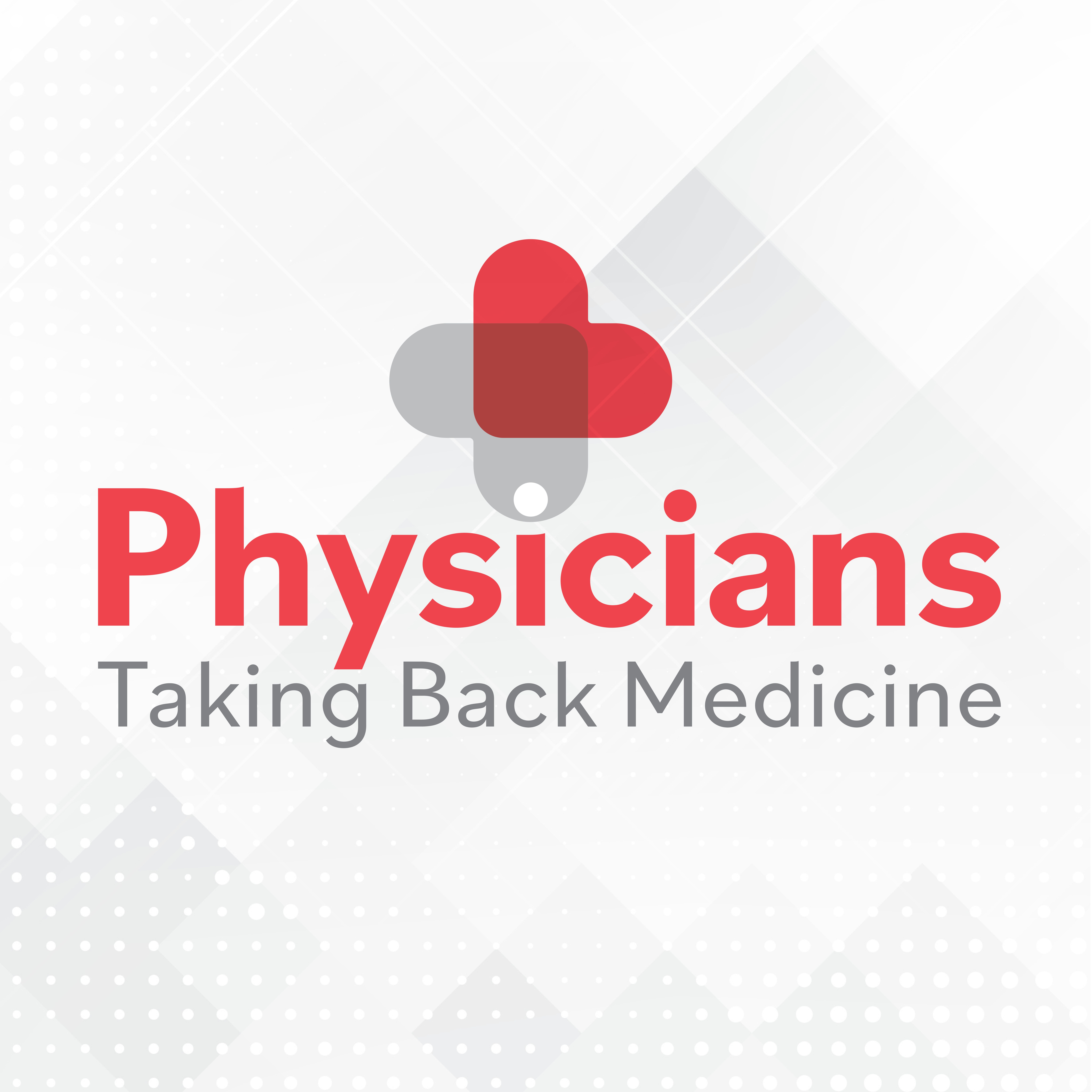Article
Adding Ancillaries: Audiology services
This is the third in a series of articles on specific ancillary services that can boost your bottom line and keep you and your practice busy in a competitive market.
According to the Centers for Disease Control and Prevention and the National Institute on Deafness and Other Communication Disorders:
As the last item makes clear, most people who need hearing amplification don't get it-perhaps because they're reluctant to acknowledge that a problem exists, are unwilling or unable to purchase an expensive item, or are convinced that hearing aids are clunky devices that don't help much.
To do so, you'll need to hire an audiologist, or bring one aboard as an independent contractor. And you'll have to invest in some pricey equipment. But there's money to be made in hearing aid sales-potentially a lot. And audiology testing is reimbursable if it's medically indicated.
Here's what you should know to get this service up and running.
Equipment
To provide full-service audiology-that is, to test patients and fit them with hearing aids-you'll need an approximately 7-foot-by-7-foot audiometric test booth, an audiometer (to test hearing sensitivity), and a tympanometer that allows for acoustic reflex testing, says Greg Ollick, president of Med-Acoustics, a distributor of audiometric test equipment in the South. You'll also need a computer for the audiologist to program hearing aids and maintain records, as well as a NOAH software system and a HI-PRO interfacing device to electronically program hearing aids and download that information into the aid. Manufacturers will supply you with demo hearing aids and with software unique to their products.
If you're not going to sell hearing aids or provide pediatric testing, a small test booth (about 4-foot by 4-foot) will suffice. Linda Vaughan, director of audiology practice management with the American Speech-Language-Hearing Association in Rockville, MD, points out that the Americans with Disabilities Act requires that the test booth have wheelchair access. Audiologists recommend that you shop locally for audiometers because the machines have to be calibrated yearly.
Space
A 12-foot-by-12-foot room for full-service audiology; a smaller room a little more than half that size if you're only providing hearing evaluations for adults. (Hearing aid fitting and pediatric testing require the use of speakers that must be placed a certain distance from the patient, so more space is needed.)
Staff/training
To determine licensing and CME requirements for audiologists to practice-and to dispense hearing aids-in your state, go to http://www.asha.org/about/legisla/tion-advocacy/state. Audiologists are certified by the American Speech-Language-Hearing Association (ASHA). To qualify for certification, the audiologist must have a master's degree; in accordance with new standards that will go into effect in 2007, audiologists who apply for certification after Dec. 31, 2011, will need a doctorate.





